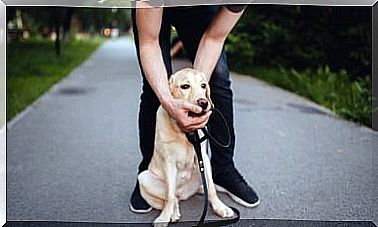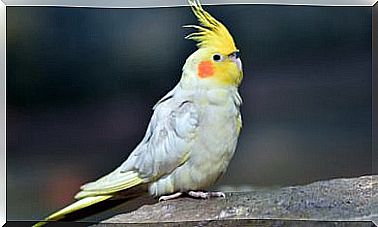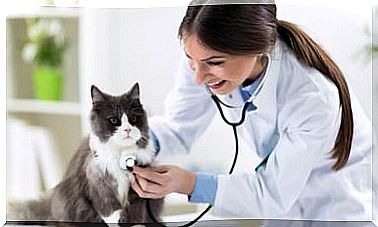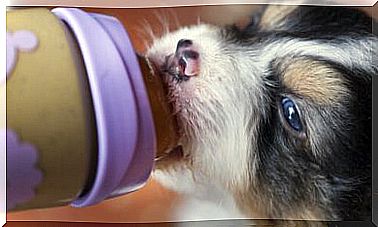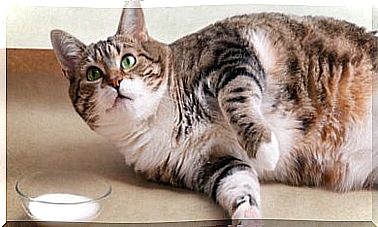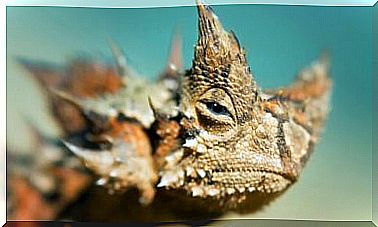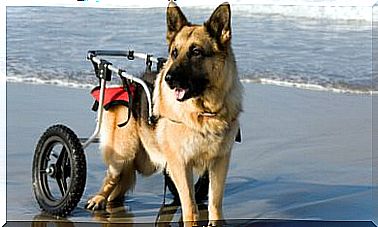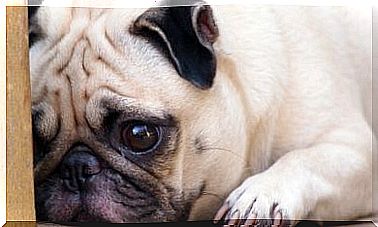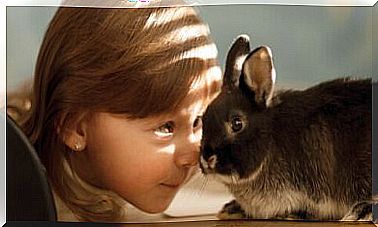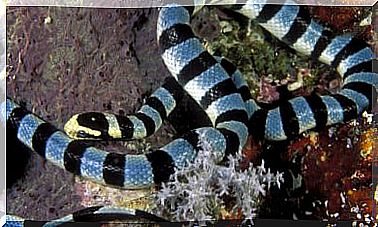Cow’s Milk Is Not Good For Puppies
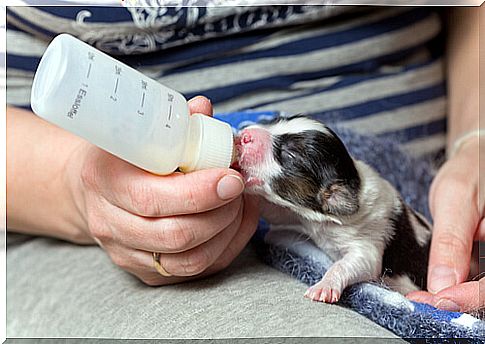
In the popular imagination, the image of a puppy, either a cat or a dog, still persists, drinking a plate of milk. However, we must understand that cow’s milk is not an adequate food to meet their nutritional requirements.
Next, we will see why milk and its derivatives can pose a risk to the health of your pet. Even if we want to choose dairy, we must know how to select the most suitable one.
Can dogs drink milk? And the cats?
Many dog and cat owners wonder if they can offer milk to their four-legged companions. Or if this food could harm your digestive system and, consequently, harm your health.
Remember that lactose has acquired a significant ‘bad press’ in recent years. Based on this, is cow’s milk good or bad for cat and dog puppies? To answer this question, we must first understand that the nutritional requirements of animals change as their bodies develop.
A newborn puppy has totally different nutritional needs than an adult dog or a weaned puppy. And the same happens with cats and other mammals … During lactation, breast milk is the only ideal food to meet all the nutritional needs of puppies.
To meet this need, at this stage of their life, cats and puppies produce a large amount of an enzyme called ‘lactase’. Its main function is to digest the lactose molecules present in breast milk.
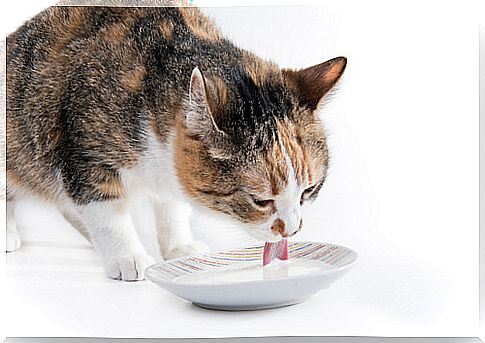
However, as the puppy goes through the weaning period, lactase production gradually decreases. It consists of a food transition that all mammals undergo during their childhood, to stop taking their mother’s milk and start trying other foods.
This is one of the most important transformations that the puppy’s small organism undergoes to prepare for adult life and be able to feed independently.
Lactose intolerance in cats and dogs
When the puppy completes its weaning, its body produces lactase at very low levels (or no levels, in many cases). This means that your body is ready to ‘give up’ breast milk and eat other types of food. In reality, these changes are based on a transition in their development, so we should never abruptly change a puppy’s diet.
On the other hand, the little or no presence of lactase in your body also causes the inability to properly digest lactose. That is, most dogs and cats become lactose intolerant upon completion of their weaning.
For all the above, the consumption of cow’s milk –or other mammals– can cause serious digestive problems such as diarrhea, vomiting, allergies, etc.
An animal’s diet must always respect the capabilities, limits and needs of its own organism. And the best way to offer a complete and balanced nutrition to your best friend is with the professional guidance of a veterinarian.
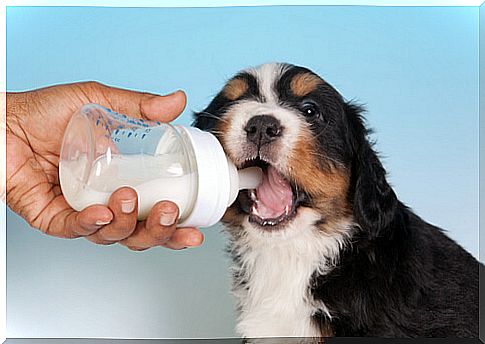
Can I offer cow’s milk to nursing puppies?
It is essential to highlight that cow’s milk has a very different composition than that of a bitch or a cat. For all this, and in puppies that do produce high levels of lactase, cow’s milk can cause digestive disorders.
In addition, it is vital that puppies remain with their mother during their first months of life. Not only to eat properly, but also to develop their senses, their physical and cognitive abilities.
The mother is responsible for ‘presenting’ the world for the first time to her young safely, as well as teaching them how to survive on their own and how to interact with their environment and their peers.
It is advisable, before adopting a new best friend, is to respect their weaning period. A dog or cat separated prematurely from its mother can have great difficulty learning and socializing. In addition, your immune system is usually weaker, so you are more vulnerable to many diseases.
If for some reason we need to adopt a nursing puppy, we can find a ‘milkmaid’ for him. Or in case of not finding a dog or nurse cat to breastfeed, there is also the possibility of offering formula milk.
In veterinary clinics and pet stores, we will find powdered formula. But it is also possible to make it at home, using lactose-reduced cow’s milk or goat’s milk.
